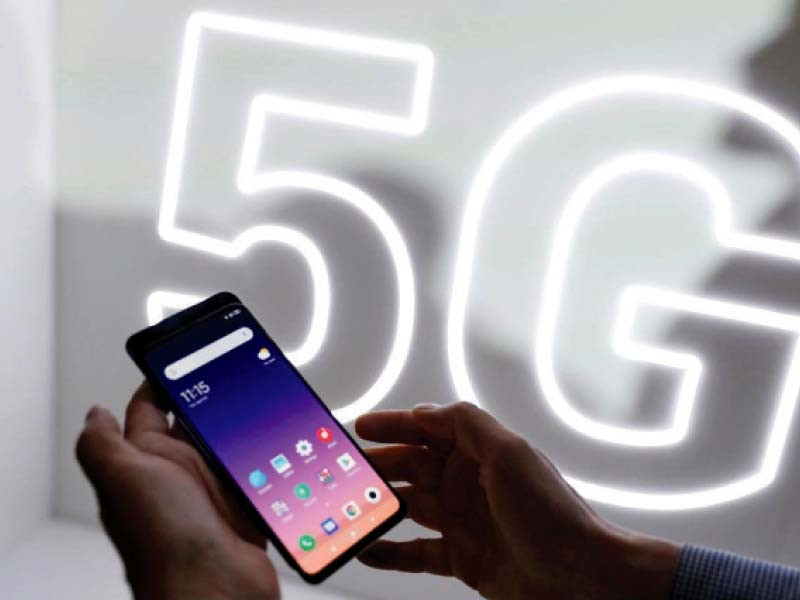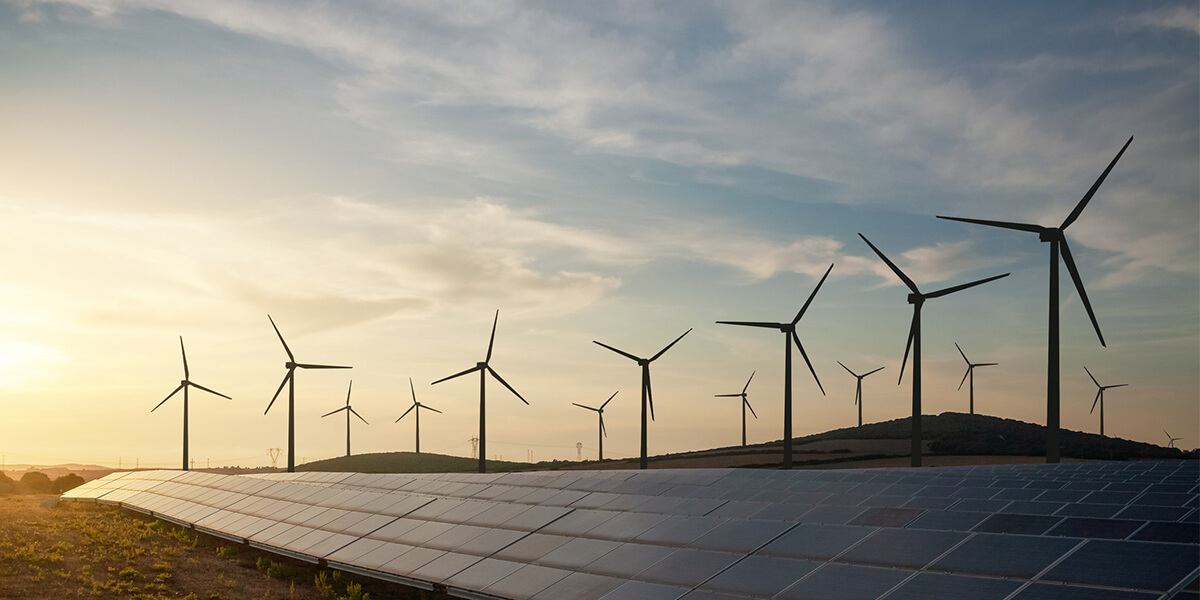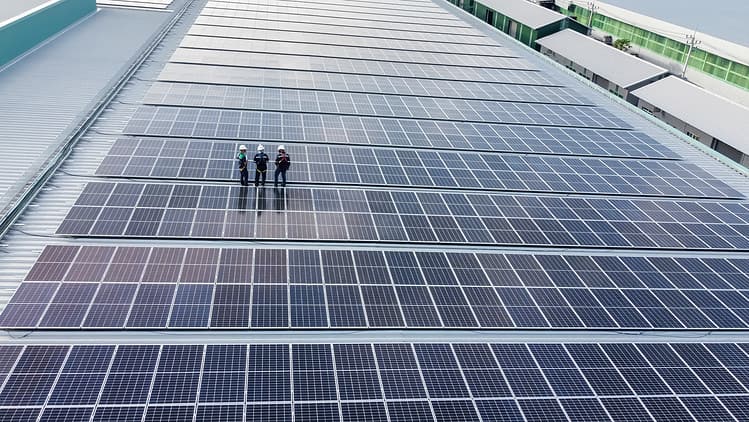
Pakistan is among the countries that can achieve a GDP growth rate of between 0.3 and 0.46% through to 2035, according to an Ericsson report highlighting the potential economic benefits of 5G in emerging markets.
NASDAQ listed company Ericsson (ERIC) commissioned a study by management consulting firm Analysys Mason, which highlights the potential economic, consumer and environmental benefits of 5G connectivity in 15 emerging markets.
With regulatory and government support, all 15 countries could benefit with an estimated three-to-seven-fold cost-to-benefit ratio.
The countries addressed in the report include Pakistan, Bangladesh, Brazil, Chile, Colombia, Egypt, India, Indonesia, Malaysia, Mexico, Morocco, Nigeria, South Africa, Thailand and Turkey.
“5G technology is considered the cornerstone for evolution into industry 4.0. This generation of technology will enable multi-party collaboration and solve the complex needs of the evolving industry,” said Nasheed Malik, Information Communication Technology (ICT) Analyst at Topline Securities, while talking to The Express Tribune.
“According to a Huawei report, at the architectural level, the 5G-Advanced network needs to fully consider the concept of cloud-native, edge network, network as a service, and continue to enhance network capabilities and eventually move toward cloud-network integration and computing-network integration,” Malik added.
Commenting on the benefits of 5G, Chief Marketing Officer (CMO) at Daraz Pakistan, Muhammad Ammar Hassan, said, “Pakistan is currently the seventh largest market for mobile applications, and it is expected to grow the fastest by 28% year-on-year.”
“This means that app downloads will increase by 900 million during the year. While e-commerce has shown rapid growth, it still makes up roughly 2% of the overall retail market, which means that this share will be increasing multiple folds in coming years,” he explained, adding, “With the introduction of 5G in Pakistan, the total addressable market for both sellers and users will grow as the density increases.”
“The internet boom in Pakistan – especially the introduction of 4G – happened because of affordability, as our market rates are among the lowest globally. This helped penetration in far-flung areas, and apps such as TikTok or even Daraz developed large user bases. The biggest challenge with 5G will be to make it widely accessible through affordability, especially in rural areas,” commented the Daraz CMO.
“The government's focus should be to ensure penetration in semi-urban and rural areas. The government can create a more friendly environment for investment in this technology,” Malik suggested.
“In addition to its economic benefits, 5G can also reduce climate impact, increase social inclusion, well-being and tackle the digital divide in areas where fixed infrastructure availability is poor,” stated Andrew Lloyd, Head of Government and Policy Advocacy at Ericsson.
A Zong spokesperson said in comments to The Express Tribune that “The main advantages of adopting 5G are greater speed in transmissions, a lower latency and greater capacity of remote execution, a greater number of connected devices and the possibility of implementing virtual networks (network slicing). 5G will work as a catalyst to speed up digitisation activities.”




